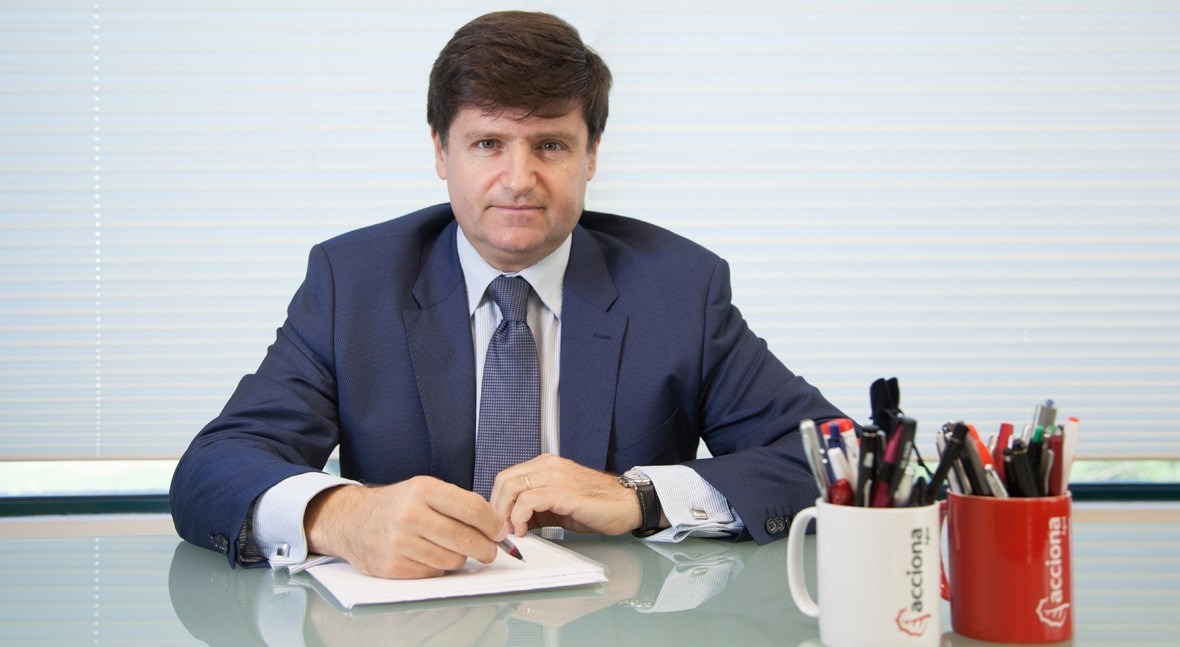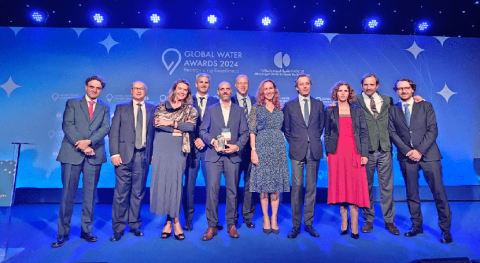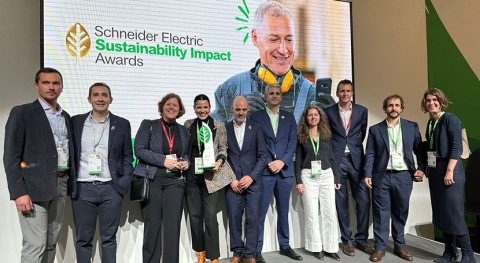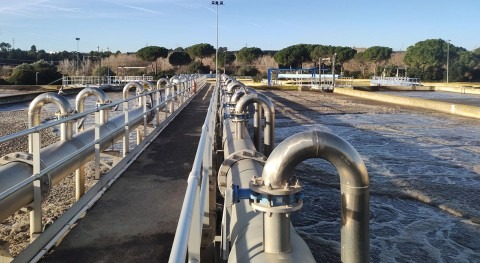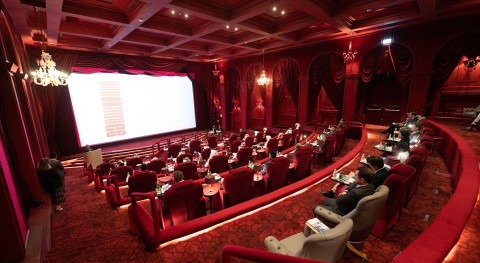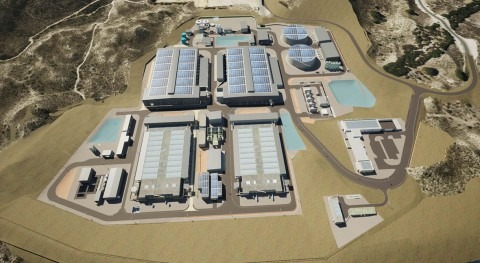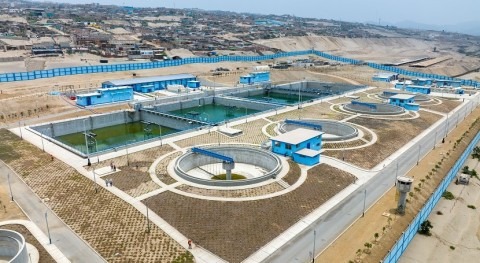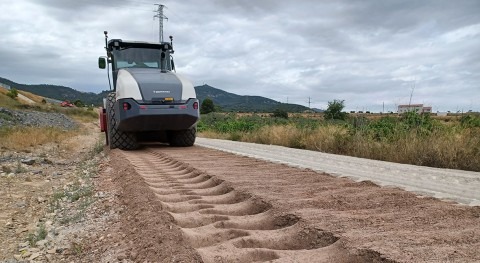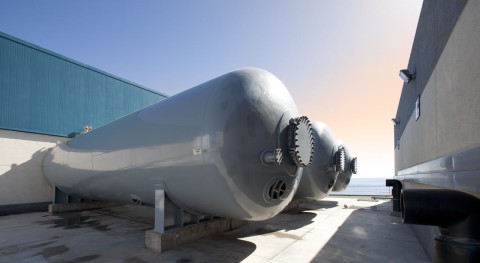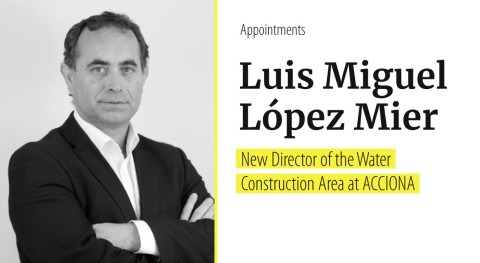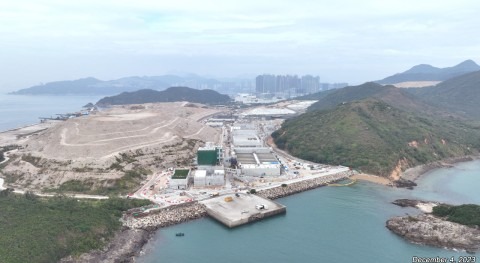As part of the second Trade Fair for Innovative Water Management Solutions, an International Conference on 'New challenges and solutions for water in sustainable cities' will be held on February 27th, sponsored by Canal de Isabel II, Aqualia and ACCIONA Agua. We talk with Rogerio Koehn, Service Utilities Development Director at ACCIONA AGUA.
Question - As part of SIGA, ACCIONA Agua is sponsoring the International Conference on 'New challenges and solutions for water in sustainable cities'. Why is a conference like this one necessary?
Answer - Our planet's resources are limited and they regenerate at a slower pace than our pace of consumption, due to our linear economy. Water is an obvious driver of city development, since it is a limiting factor for cities. Our challenge is safeguarding drivers of growth and quality of life, and that will only occur if we adopt a circular economy approach. This type of conferences are necessary because they make us reflect and search for solutions, which cannot and should not be local in scope, because the problem we are facing is a global one.
Q - What are the current challenges of urban water cycle management in Spain?
A- In Spain there is a hackneyed debate on water management, an ideological and biased debate that blurs the reality of water issues in Spain. Water costs money: there is a price to pay for it, whether it is managed by a public or by a private entity. Tariffs should cover those costs, and those who talk ideologically about a right to water must not forget that the infrastructure to provide a basic service and its operation are crucial for the well-being of citizens. We have to start to understand that the infrastructure that for the past 50 years has been paid with everybody's money, as well as with money from Europe, needs upgrading; we have to take ownership of our infrastructure and ensure its sustainability. Populist ideas about tariffs — and, as a result, not assuming responsibilities for years — have led to the current situation where many large cities and even more so medium-sized cities in Latin America cannot guarantee a continuous supply of quality water in adequate amounts. This is a result of the deterioration of infrastructure, thanks to a series of governments that failed to provide the minimum requirements for the development of their people, let alone sewerage or waste water treatment services. In essence, we think it is time to end the debate and build a framework we can all live with, and include in it the need to upgrade infrastructure to make it resilient to climate change, and to innovate and move forward with new ways to apply a circular economy approach to the water cycle.

Q - How does Spain differ from other countries where ACCIONA Agua carries out its business?
A - Spain has always faced water challenges, and in our society we have a technical culture — which maybe other countries do not have — that we export to many countries who are now meeting the needs we have already met in Spain. But this is a double-edged sword: we take water for granted. Our homes have doors, windows, several rooms, bathrooms, a tap with quality running water, with pressure, day and night, which then drains to the sewer and returns to the environment with good enough quality for us to be able to enjoy our coastlines or inland water bodies. On the other hand, we think that other countries have adopted legal frameworks from Europe and improved them, and maybe we have not evolved due to our complacency, because we think about water as a technical issue, unlike those other countries where there is not so much knowledge.
Q - With regards to sustainable water use in the urban cycle, what success stories of your company would you highlight?
A - Without a doubt, the internal campaigns at ACCIONA Agua to encourage employees to drink tap water, or the campaign we did for World Water Day 2017 to show the value of waste water treatment and protect this service to ensure environmental sustainability. We have also done successful campaigns with different municipalities to urge people to stop flushing wet wipes down the toilet.
Q - In the area of communications, what are the main challenges you encounter when you talk about the urban water cycle?
A - We have a direct relationship with the end user. As a company usually delivering services on a contract with public authorities we focus — let us put is like this — on a B2B model, but we can also use a B2C strategy, since every 2-3 months we bill water users; however, we do not communicate with them. We can make use of that channel to provide a value to the citizen, not necessarily as a sales channel; we do not want to bear any resemblance to a telephone or electrical utility company, which usually obtain bad consumer ratings.
Our messages must raise awareness and educate about sustainability, about the circular economy and the fact that it will not come for free; rather, changing the paradigm of economic growth will require an effort from all of us. To get citizens involved we will have to use the channels we have available to encourage progress.
Our challenge is safeguarding drivers of growth and quality of life, and that will only occur if we adopt a circular economy approach
Q - Why is it important to communicate about different aspects of the urban water cycle?
A - It is irresponsible to take current services for granted; they work because someone paid for the infrastructure, not always end users; because there are hundreds of people operating and guaranteeing this service; and because there is a value chain with great knowledge and integrated companies and professionals that make simple such an essential service.
The urban water cycle is so intrinsic to human development that we cannot let citizens be unaware or ignorant of how it works. An informed public will be more sensitive to the needs related to it.
Q - What does ACCIONA Agua expect from participating in this second Trade Fair for Innovative Water Management Solutions?
A - Acciona hopes that the visibility of this event and a cohesive sector will enable us to convey clear messages to public authorities and the general public: few but clear messages.
We also hope it becomes an international meeting forum to discuss sector concerns and good practices, open to all parties: social actors, politicians, technical professionals and academia.


